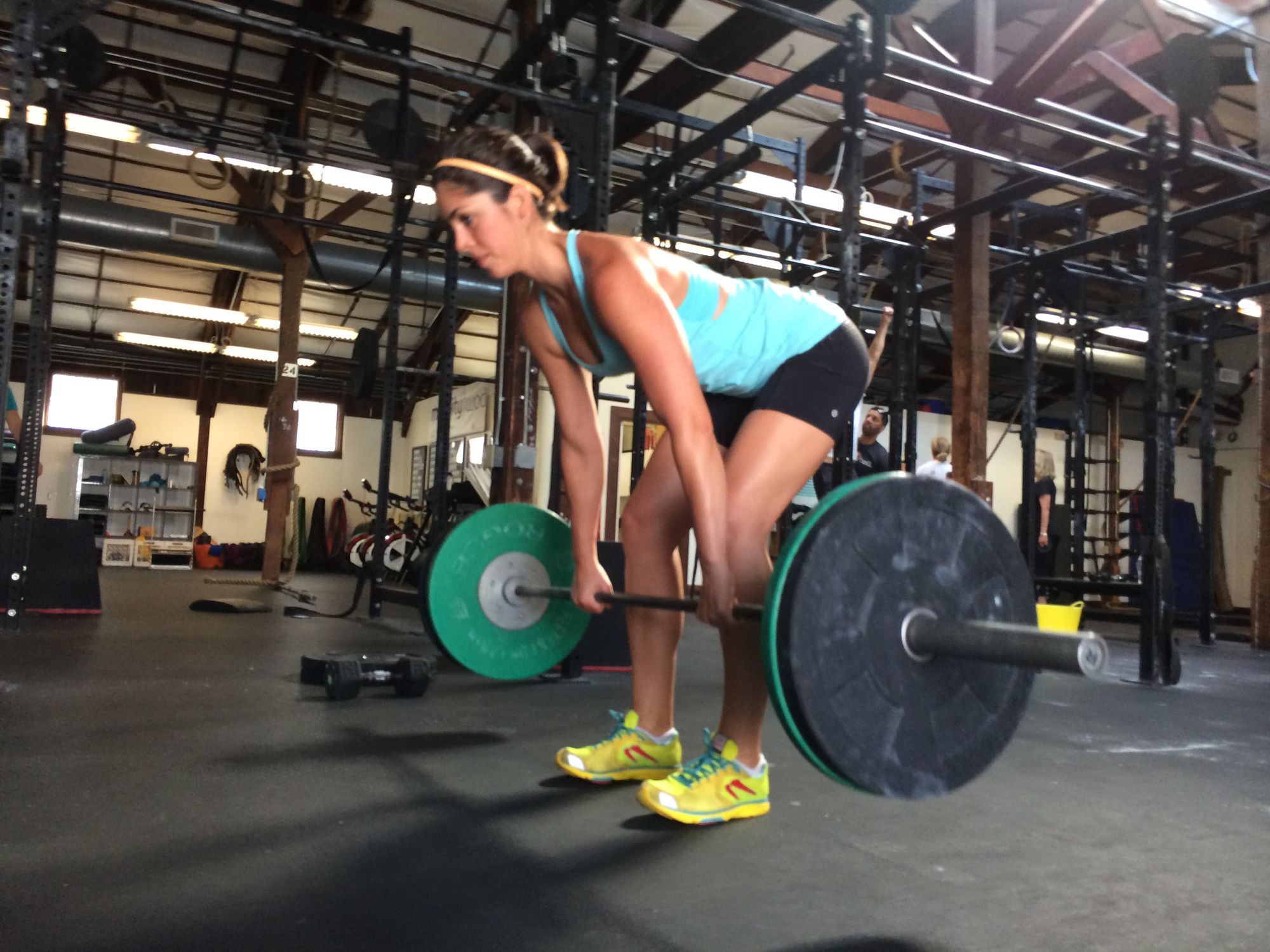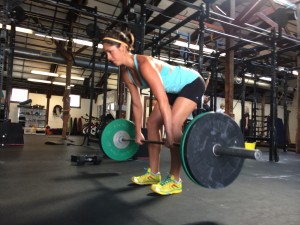Hormone Balance, Training, and Sex Drive


Originally published June 28, 2012 via Helming Athletics…
This quick article provides a background on how different training affects our hormones and what our hormones do in return for our training. Take a read and then watch some of our latest videos on strength training for runners!
Can bouts of high intensity workouts, olympic lifting, and CrossFit keep us more hormonally balanced?
A very interesting post from Ben Greenfield on the affects of training on our sex drive. Sex aside, he is really discussing hormone balance in endurance athletes, and how training enough or too much affects our anabolic and catabolic hormone levels. If and when athletes train too much or too long (ring a bell?), or if they do not prioritize a balanced diet and proper recovery (ahem…), the “stress” hormone cortisol remains elevated. Cortisol is a necessary hormone for decreasing inflammation, breaking down protein and fat, and for keeping homeostasis. In excess, however, it breaks down too much protein, disturbs our sleep patterns, and impedes proper recovery. This leaves us feeling fatigued, sluggish, and well…not in THE MOOD.
On the other hand, training that involves bursts of power, speed, and strength elicits an anabolic response. Enter CrossFit. Human growth hormone is one hormone that is secreted as part of this action. Not only is this hormone (along with testosterone) associated with an increased sex drive, but it also helps to repair damaged muscle tissue for a faster recovery, and increase muscle mass, bone density, and ligament strength. Interestingly, there seems to be no natural stimulus to release testosterone other than focus on proper recovery. Once recovered and in balance, testosterone does help with increase muscle mass, bone density, and faster recovery just like growth hormone, further spurring this virtuous cycle.
The take away: its important to remain balanced as athletes even when faced with the steep training demands of an ironman, 70.3 or other triathlon or endurance event. It’s true, we do need to train specifically for the demands of our sport and particular event. That means getting those miles in for those longer races. If left unchecked however, athletes can become hormonally unbalanced and in a perpetual catabolic state. While focus on diet and proper recovery reap huge rewards, studies show that incorporating an appropriate amount of speed, power, and strength training elicits a greater anabolic response in our body to keep us balanced and recovering well (and increasing sex drive). A further reason to integrate an intelligent CrossFit strength and conditioning program into your endurance training plan!
Recover well,
Nate
(See: “Balanced Hormones=Better Training: Understanding your hormones is the first step to managing them for peak performance.” by Pete Magill as see in Nov 2010 Running Times Magazine
See: “Endurance Training and Sex Drive” by Ben Greenfield in Training Peaks Blog
P.S:- Learn more about other factors that affect running, how to improve your running, how to avoid running injuries and a lot more from our amazing running training plans. Whether you’re preparing for a half marathon or a full marathon, these training plans cover everything you need to know about running.
